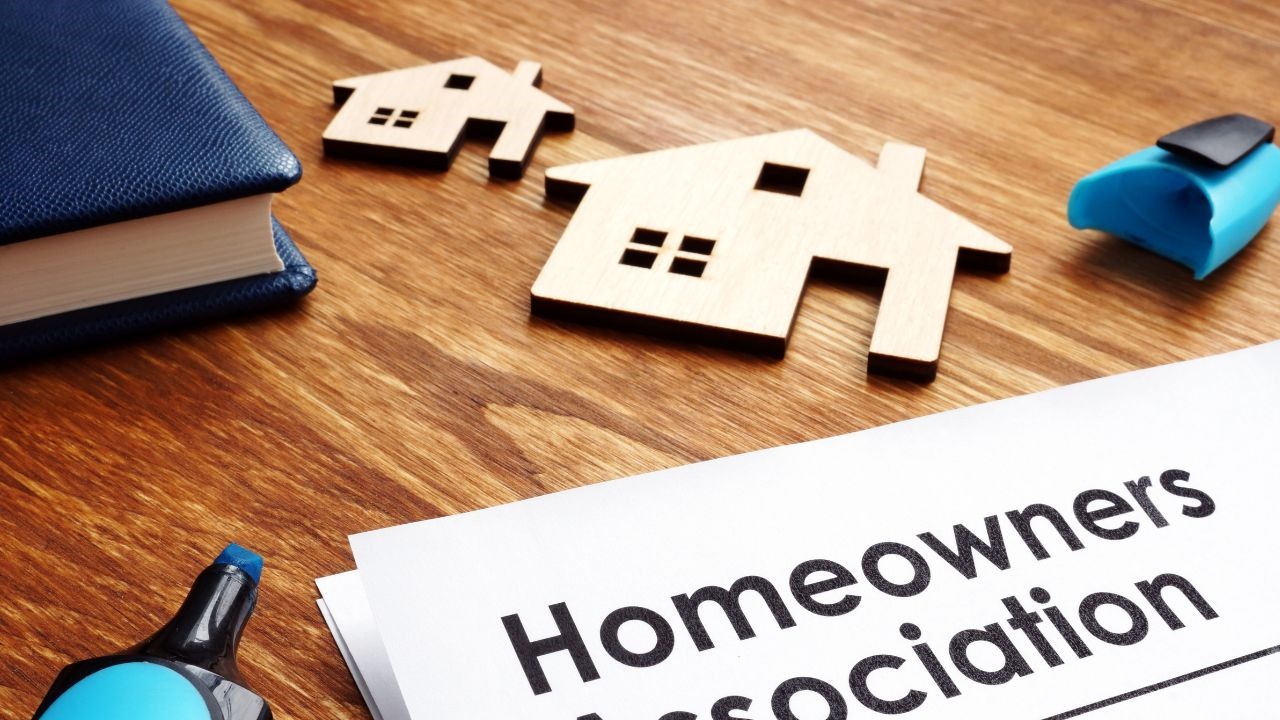Exploring the Responsibilities of HOA Condo Residents
Exploring the Responsibilities of HOA Condo Residents
Blog Article
The Duty of an HOA in Establishing and Enforcing Neighborhood Standards for Citizens
The duty of a Homeowners Organization (HOA) in imposing and establishing community standards is essential to preserving a organized and cohesive domestic environment. By creating clear policies that regulate aspects such as property maintenance and neighborhood conduct, the HOA not only establishes requirements for locals but additionally promotes a sense of belonging and liability.
Comprehending Property Owners Organizations
Homeowners organizations (HOAs) function as controling bodies for property communities, playing an essential duty in preserving residential or commercial property worths and promoting a sense of community. Typically created by programmers, HOAs are made up of home owners within a marked area who elect a board to oversee the organization's activities. The main features of an HOA include applying neighborhood regulations, handling usual areas, and arranging neighborhood events.
HOAs run under a set of regulating documents, including covenants, limitations, and problems (CC&R s), which detail the civil liberties and obligations of home owners. These regulations aim to make sure that homes are kept to a particular standard, thus securing the visual allure and total value of the community. Furthermore, HOAs commonly accumulate charges from homeowners to fund maintenance, landscaping, and other social work.
The existence of an HOA can substantially affect the living experience within an area (hoa condo). While some homeowners value the organized setting and services provided, others might locate particular laws limiting. Stabilizing the passions of all home owners is crucial for an HOA to operate properly, making certain that it offers its desired function of improving neighborhood living while respecting individual homeowner civil liberties
Creating Neighborhood Guidelines

To begin, an HOA ought to conduct surveys or hold meetings that allow citizens to voice their concerns and suggestions. This participatory process promotes a sense of ownership and enhances compliance. Next, the HOA board must assess the responses to recognize typical styles and concerns that require formal incorporation in the standards.
It is likewise necessary to make sure that the guidelines are clear, concise, and conveniently recognized. Uncertainties can result in misunderstandings and problems, undermining the objective of the standards. The standards ought to be thorough, covering different aspects of area living, including property upkeep, noise degrees, and use of typical areas.
Enforcement of Regulations
Efficient enforcement of area guidelines is essential for keeping order and guaranteeing that all homeowners follow the developed guidelines. An HOA has to execute an organized technique to enforce these guidelines, which often includes a mix of monitoring, interaction, and penalties for non-compliance.
First, routine examinations and community patrols can assist identify violations, making sure that rules are constantly used across the neighborhood. This positive surveillance allows click for source the HOA to deal with concerns prior to they escalate, promoting a feeling of liability among locals.
Second, clear interaction is essential. Locals must be educated of the regulations and the procedures for reporting violations. An open line of interaction encourages citizens to voice problems and seek information on standards, which can boost conformity.

Lastly, when violations happen, the HOA needs to implement repercussions as detailed in the regulating files. This may include warning letters, penalties, or, in extreme situations, lawful action. It is essential that penalties are used rather and consistently to maintain depend on within the neighborhood. By effectively imposing rules, an HOA can cultivate an unified living environment that reflects the collective worths of its citizens.
Benefits of HOA Rules
Various advantages develop from the implementation of HOA laws, which serve to boost the high quality of life within a community. One main advantage is the upkeep of home worths. By implementing standards for appearances and upkeep, HOAs make certain that homes and typical locations remain eye-catching, fostering a preferable living setting that can result in raised home worths over time.
Furthermore, HOA laws promote uniformity and harmony within the community. This coherence in layout and upkeep helps to produce a feeling of belonging among locals, adding to area pride and a positive environment. Developed standards promote conflict resolution among neighbors by offering clear assumptions and procedures for actions, therefore minimizing disputes.
One more considerable benefit is the arrangement of shared facilities and services. Numerous HOAs handle neighborhood facilities such as pools, parks, and clubhouses, which improve entertainment chances for citizens. These features not only improve the lifestyle but additionally urge social communication.
Eventually, the policies stated by an HOA grow an efficient, unified neighborhood, guaranteeing that residents enjoy a high criterion of living while cultivating a helpful atmosphere for all house owners.
Typical Obstacles Faced by HOAs
Among the advantages that property owners organizations (HOAs) can offer, they also run into a range of difficulties that can hinder their performance. One considerable issue is the lack of resident engagement. Lots of house owners may not take part in meetings or you could try this out area activities, leading to a separate between the HOA board and homeowners. This disengagement can lead to misconceptions regarding community standards and an absence of support for enforcement initiatives.
Disagreements can arise when residents feel that enforcement click for info is inconsistent or biased, potentially leading to disputes within the neighborhood. In addition, HOAs usually face financial constraints, which can limit their ability to maintain common areas or fund neighborhood jobs.
Furthermore, navigating lawful intricacies can be intimidating for HOAs. Altering demographics and advancing area needs need HOAs to adjust their guidelines, usually meeting resistance from long-lasting residents that are accustomed to typical norms.
Final Thought

By formulating clear guidelines that regulate facets such as residential or commercial property upkeep and neighborhood conduct, the HOA not just establishes standards for locals however additionally cultivates a sense of belonging and accountability.Homeowners associations (HOAs) serve as regulating bodies for household areas, playing an important function in keeping building worths and fostering a sense of community. Many property owners may not take part in meetings or community activities, leading to a disconnect between the HOA board and residents. Changing demographics and developing community needs require HOAs to adapt their standards, often fulfilling resistance from long-lasting citizens that are accustomed to standard norms. Through the development of clear regulations and regular enforcement, HOAs advertise residential property upkeep, neighborhood pride, and trust fund amongst citizens.
Report this page